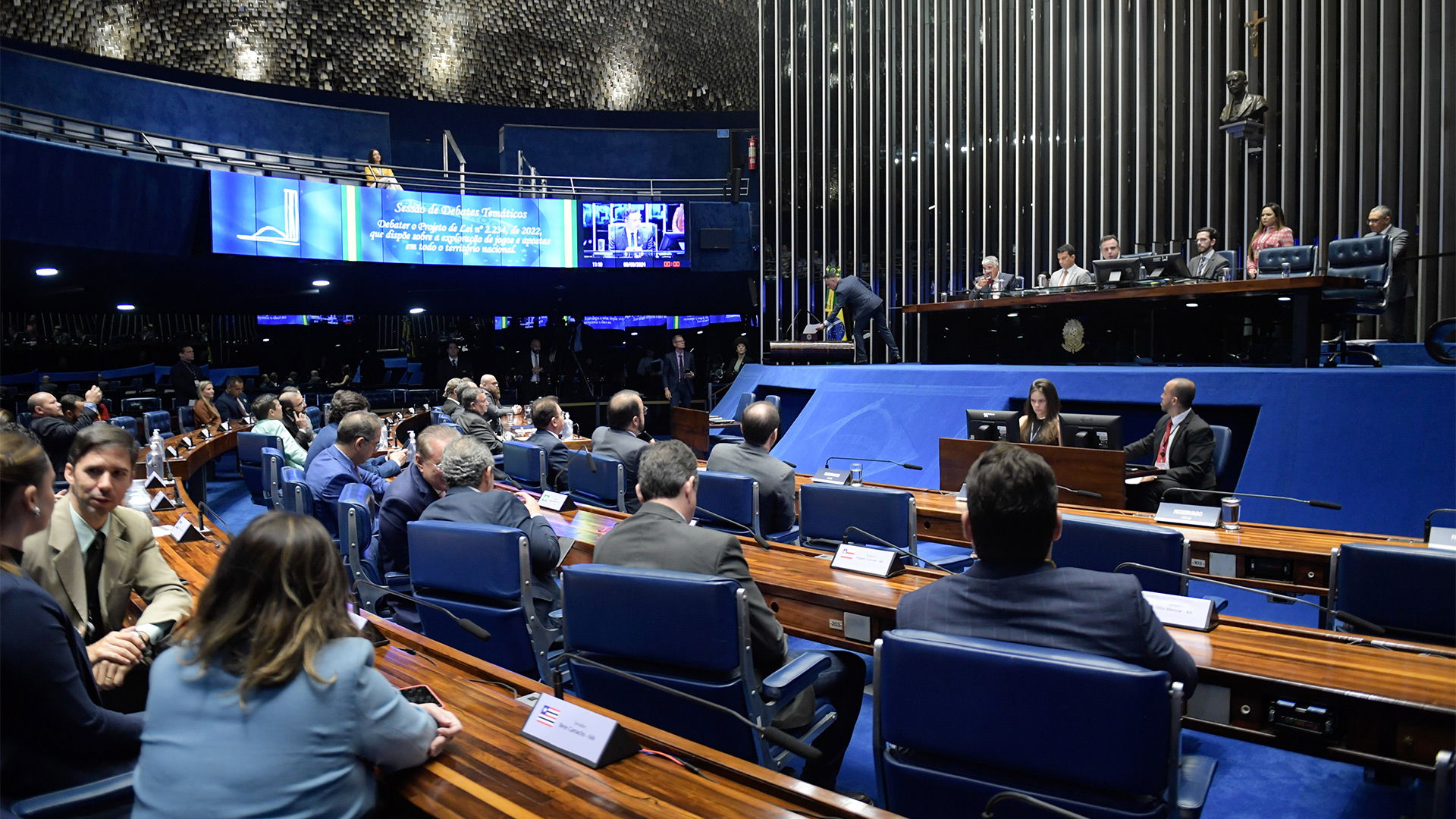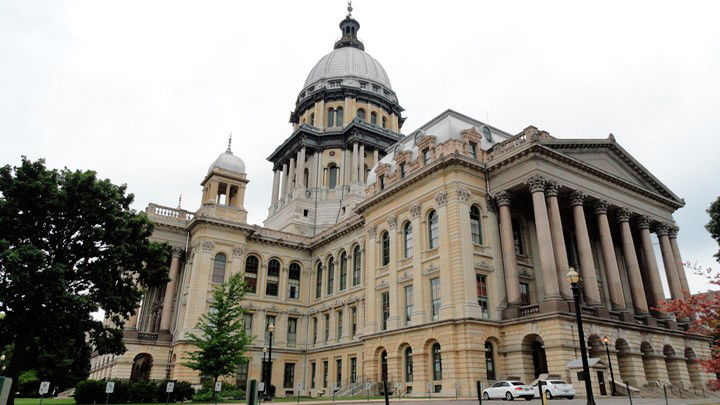Brazilian senate to vote today on legalizing casinos, bingo, and jogo do bicho

Brazil’s Senate will vote today, Tuesday, on legislation that would end nearly eight decades of gambling prohibition by authorizing casinos, bingo halls, the jogo do bicho numbers game, and regulated horse race betting. Senate President Davi Alcolumbre placed the measure, Bill 2234/2022, fourth on the voting agenda in a decision that caught many lawmakers off guard, as it followed the cancellation of the usual party leaders’ meeting.
The bill, first proposed in 1991 and approved by the Chamber of Deputies in 2022, was last brought up in the Senate Plenary in December. At that time, its rapporteur, Senator Irajá, withdrew it over concerns it lacked sufficient support amid pressure from opponents of legal gambling.
The renewed scheduling signals fresh momentum for the initiative, which could be sent to President Lula for sanction if passed without amendments. Lula indicated at the end of last year that he would sign the measure.
The proposal sets out a detailed framework for the gambling sector. It would allow casinos to operate within tourist destinations or integrated leisure complexes such as resorts and upscale hotels. Up to ten casino licenses could be granted for maritime vessels, along with additional permits for riverboats based on river lengths.
Each state and the Federal District would be entitled to at least one casino license, with São Paulo allowed up to three and Minas Gerais, Rio de Janeiro, Amazonas, and Pará up to two, based on population or territory.
Bingo halls would be permitted on a permanent basis in approved locations, with one hall per municipality and an additional hall for every 150,000 residents in larger cities. The bill also regulates betting machines, requiring them to be registered with authorities and regularly audited, with net revenue split 60-40 in favor of the bingo hall or casino over the leasing company.
Horse race wagering would fall under turf entities accredited by the Ministry of Agriculture, which could also operate bingo and video bingo at the same venues. The legislation introduces two new taxes: a Gaming and Betting Inspection Fee (Tafija) and a Cide-Jogos tax on gaming and betting sales.
Operators must demonstrate the lawful origin of funds and meet minimum capital requirements of R$10 million (US$1.85 million) for bingo halls and jogo do bicho operations, and R$100 million (US$18.5 million) for casinos.
Senator Irajá has pointed to both fiscal and employment benefits if the bill becomes law. In April, citing a DataSenado poll, he argued that “the current prohibition does not work, as 70% of Brazilians believe it does not reduce the supply of illegal gambling in the country.”
“Only 25% still think the law is effective today in curbing criminal activities related to illegal gambling, which is dominated by organized crime,” he said at the time. Irajá estimates legal gambling could yield about R$20 billion (US$3.7 billion) in tax revenues and attract over R$100 billion (US$18.5 billion) in investment, potentially creating more than 1.5 million jobs.
The Senate session begins at 2 p.m. on July 8, with Bill 2234 slated as the fourth item for a vote. If it clears the chamber in its current form, it will advance directly to the president for possible enactment.
















